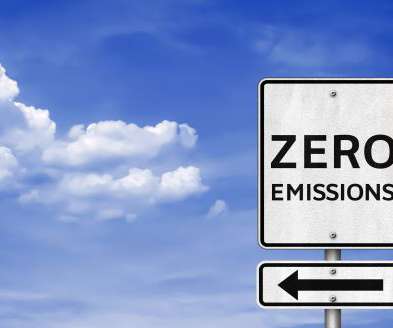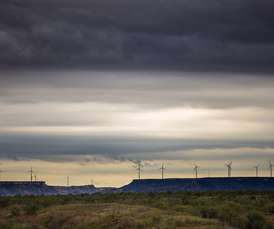The 5 Biggest US Utilities Committing to Zero Carbon Emissions by 2050
GreenTechMedia
SEPTEMBER 16, 2020
At the same time, the increasingly dire effects of global warming are bringing more Americans in line with much of the rest of the world in making carbon-emissions reduction a top policy priority. Utilities in many states now face mandates to move to 100 percent renewable energy or cut carbon to zero by 2050.













Let's personalize your content